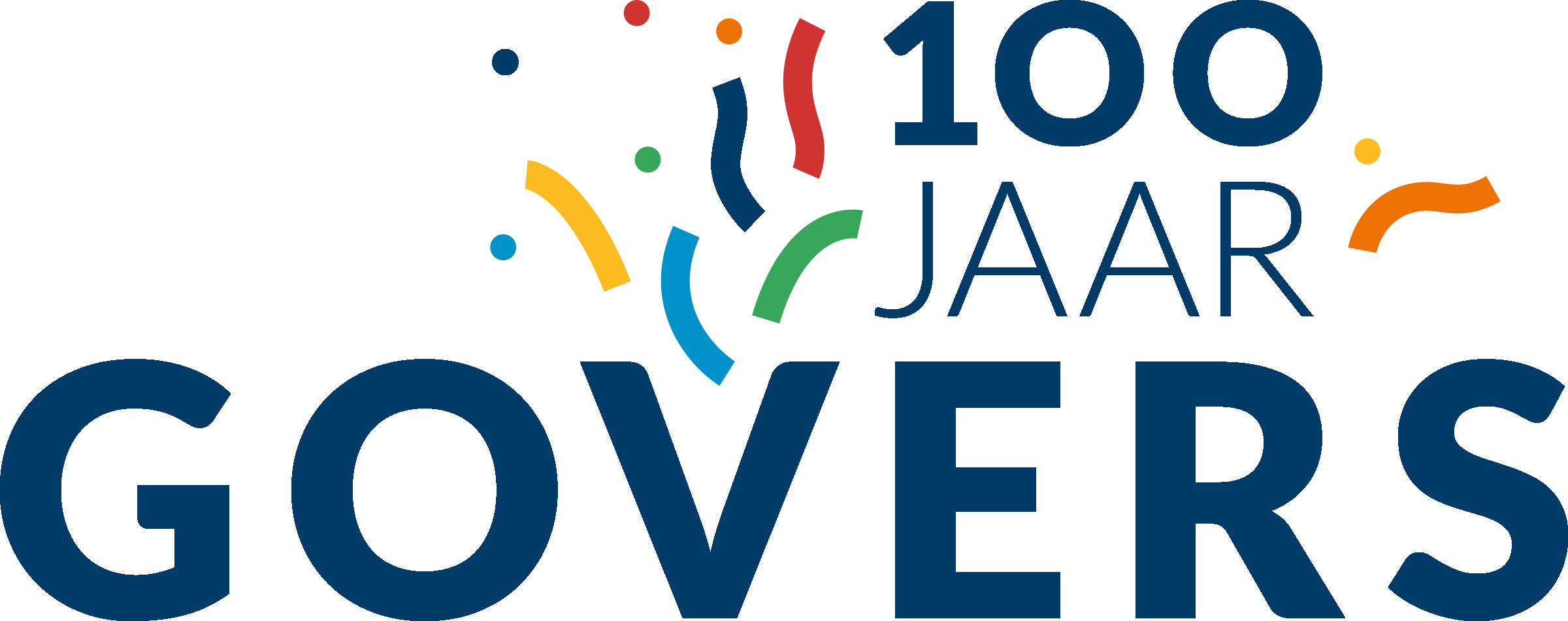Begin december heeft De Raad van State haar advies gepubliceerd omtrent het voorgestelde nieuwe box 3-stelsel. Zij uit daarin zware kritiek op het voorstel om belasting te gaan heffen over het werkelijk rendement op spaargeld en beleggingen. Volgens het adviesorgaan heeft het voorstel ingrijpende gevolgen voor zowel burgers als de Belastingdienst en leidt het tot een verhoogde complexiteit, slechtere dienstverlening en onvoldoende toezicht. De Raad adviseert het kabinet om het wetsvoorstel niet in te dienen en de vormgeving van het stelsel opnieuw te bekijken. Inmiddels heeft ook de Staatssecretaris per brief gereageerd op de stand van zaken voor box 3. Wij praten u graag bij.
Problems current system
The current Box 3 system, based on flat-rate returns, has been judged unlawful by the Supreme Court. The system violates the European Convention on Human Rights because it taxes fictitious profits instead of returns actually realized. As a result, taxpayers in some cases face a tax on a return not actually realized. This Supreme Court ruling has forced the government to review.
Proposed actual return
In the new proposal, the government wants to tax actual income from assets. The main rule is a capital gains tax, while real estate and shares in start-up companies are subject to a capital gains tax. Please refer to our earlier article for an explanation of this system. While this approach seems more equitable, the complexity of the rules is expected to make implementation problematic.
Objections of the Council of State
De Raad van State heeft in haar advies van 2 december jongsleden zwaarwegende bezwaren tegen het voorgestelde stelsel geplubliceerd:
- Complexity: The proposal is more complicated than the current system. Citizens must make complicated asset comparisons and comply with a record-keeping requirement, affecting about 1.6 million people.
- Implementation problems: The Tax Administration has indicated that the introduction of the new system will result in fewer opportunities for consultation, poorer service and inadequate supervision. It also appears that the Tax Administration's current systems and staff capacity are insufficient to implement the proposal in a timely manner.
- Budget neutrality: The government's basic premise is that the new system must generate the same tax revenue as the old one. This limits the possibility of considering other, simpler solutions and makes it more difficult to carefully weigh interests.
Alternatieve oplossingen
The State Council recommends that the government not submit the bill in its current form and explore alternative schools of thought, such as:
- Taking advantage of remaining opportunities within a flat-rate system.
- Introducing a simpler capital gains tax.
- Rethinking the tax mix, better balancing returns from wealth, labor and consumption.
Vertraging invoering
The planned introduction of the new system in 2027 seems unfeasible as a result of this advisory report. Even introduction on January 1, 2028 is highly uncertain, in part because of the Tax Administration's limited staff capacity. The Council of State warns that further delay could cost the treasury billions, while the current problems with box 3 continue.
Ministry of Finance response
The Ministry of Finance responds that "the ideal system does not exist" and emphasizes that the current system has major objections that must be resolved. The Cabinet will study the advice of the Council of State and respond more fully later.
Brief Staatssecretaris 13 december 2024
Afgelopen vrijdag, 13 december 2024, heeft de Staatssecretaris een brief gepubliceerd omtrent de stand van zaken van het wetsvoorstel Wet werkelijk rendement. In deze brief wordt onder andere aangekondigd dat de Wet werkelijk rendement niet, zoals beoogd, in werking zal treden per 1 januari 2027. De Staatssecretaris heeft aangegeven dat invoering per 1 januari 2028 onder huidige omstandigheden wel haalbaar moet zijn.
Omdat de Wet werkelijk rendement niet eerder dan 1 januari 2028 zal worden ingevoerd, zal het huidige stelsel van heffing van forfaitair rendement met tegenbewijs een jaar lager van kracht blijven dan eerder aangegeven. Dit systeem kent echter een aanzienlijke budgettaire derving. Het kabinet heeft, om dit gat op te vullen, voorgesteld het forfait voor overige bezittingen voorlopig met 1,78%-punt te laten stijgen. Voor 2025 zal dit (voorlopig) resulteren in een forfaitaire heffing van 7,66%. Het heffingsvrije vermogen wordt verlaagd naar € 52.048.
Deze percentages en de verlaging van het heffingsvrij vermogen staan echter nog niet vast. Het blijft derhalve nog afwachten wat het forfaitaire rendement definitief zal gaan zijn, maar een aanzienlijke stijging lijkt op dit moment wel aan de orde. Belastingplichtigen met een lager werkelijk rendement dan dit forfaitaire rendement kunnen gebruik blijven maken van de tegenbewijsregeling.
Finally
Het voorgestelde box 3-stelsel stuit op forse kritiek, met name vanwege de complexiteit en potentiële uitvoeringsproblemen. De Raad van State adviseert alternatieven te overwegen die eenvoudiger en toekomstbestendiger zijn. De recente reactie van de Staatssecretaris is echter weinig hoopvol en zou juist tot een hogere heffing leiden. Voor u als spaarder of belegger betekent dit dat de toekomst van box 3 nog langer onzeker is. Wij begrijpen dat dit vragen oproept en wij volgen dan ook de politieke ontwikkelingen rondom het box 3-stelsel op de voet. Wij hopen u spoedig meer duidelijkheid te kunnen bieden en u te informeren over wat deze veranderingen voor u kunnen betekenen.
Do you have any questions in the meantime? Please feel free to contact us using the contact form below or your relationship manager at 040 - 2504 504. Of course, you can also contact us for all your other tax questions.

